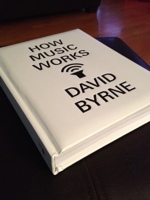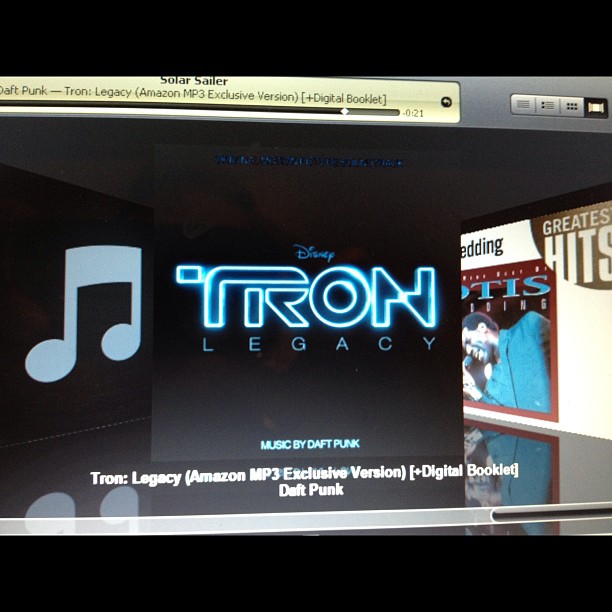Let me preface this by saying, I didn’t see any of the Smashing Pumpkins shows in Chicago. The opportunity presented itself, and I passed. Was this an event? Absolutely. I’m a casual fan—at best—and I assumed (rightly, it turns out) I’d bear witness to a self-indulgent two-hour-plus tantrum, and decided I had better ways to spend my evening. (I don’t mind failure, so long as it’s interesting.)
Having read more than a few reviews of the Pumpkins shows here and elsewhere, I’m left with one conclusion: If you can’t say something in two to three hours, I’m not really interested in what you have to say in four to six.
Corgan and Co. planned to do four shows here, two performances at two venues. The first night of each stand was called “Black Sunshine,” and the second “White Crosses” and apparently you needed to see both to really get what Corgan was putting down.
There’s something particular about the form of artistic expression that is the live performance, from the moment the audience enters the performance space to the moment they head out into the night. During this time, the band and the audience enter into a contract together, and agree to make a statement on who the band is, and what they’re about in a larger sense, not just what you see in their promo materials or hear on their records. We might buy tickets thinking we’re trading money for audio/visual goods, but our presence there changes the performance in ways both subtle and deliberate, especially if you are one of those dipshits who yells out “Freebird”. We might not know what will eventually result, but both we and the band have our intentions.
As part of that contract, the artist owes* the band an attempt at a singular statement within that performance. So expecting an audience to see two of your live shows—especially when the tickets for those shows are expensive and hard-to-get—in order to truly understand your artistic vision of a single performance—is some bullshit. It would be like an audience member saying “I’m only going to applaud a little tonight. You’ll have a better idea of how much I enjoyed your show tonight when I come back tomorrow.”
I’ve got not problem with using individual live performances to create a larger artistic statement. It’s no different than an author writing many books about the same character, a television writer serving an overarching theme throughout several episodes of a season, or a visual artist painting many works to express their views on the fragility of life.
In all the previous cases, an artist is dealing with the structures of his or her expression. He or she should be encouraged—nay, expected—to push against those boundaries (and by all accounts, Corgan certainly did, going so far as to berate the audience as a calculated part of one performance). Ultimately though, if the artist can’t, or refuses, to express himself or herself within those smaller units, then they’re clearly of limited talent and discipline. Unless you can say something, you’re saying nothing.
As a side note, asking the loyal fans you have left to cough up considerable amounts of money in order to truly perceive your art is as mercenary a tactic as releasing multiple versions of your album in different stores. That’s not art, that’s capitalism.
* Yes, owes. If these matters are not worth discussing in these terms then music’s not worth caring about, and that’s not a world I care to live in, so onward goes the indulgence.
Note: This piece is dated now, but still one of my favorites.



